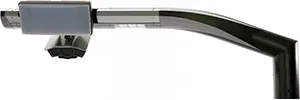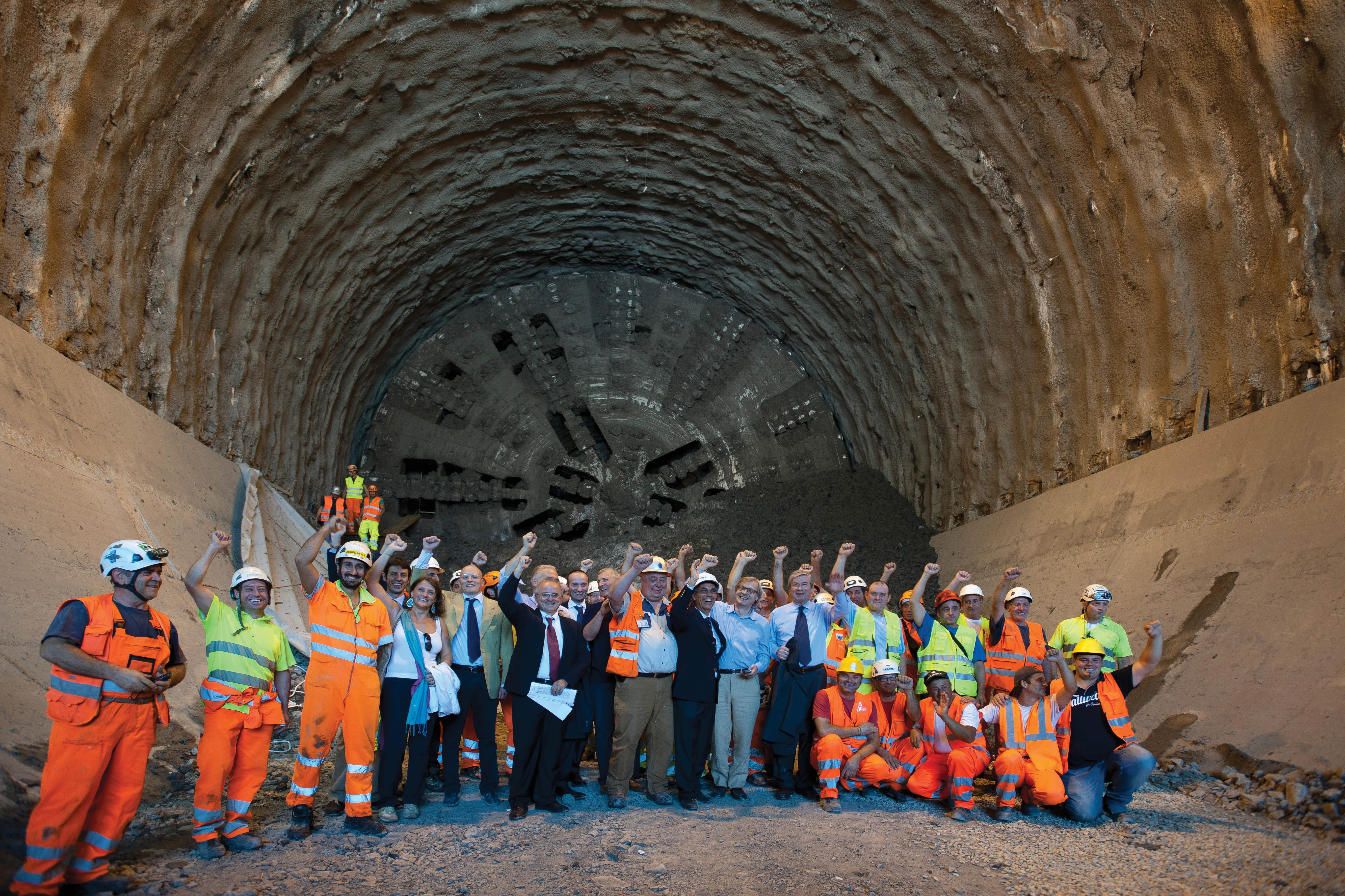
The contract was awarded by the Canadian IBI Group, which has a contract with the Apion Kleos Construction joint venture of Olympia Odos. The deal is for Kapsch’s ongoing technical support for service and maintenance based on a yearly agreement.
Kapsch says that the 202km Olympia Odos is one of Greece’s most significant motorway concessions, linking the capital Athens with the city of Corinth and Patras Port.
The planned upgrade offers the first distance-based pricing model in Greece, available to all electronic toll collection users of Olympia Odos. The solution is based on the concept of providing a rebate to road users if they don’t travel the totality of the distance corresponding to an average distance charging zone (the current charging model). This new model is considered a hybrid or rebate system.
The new solution involves equipping 30 entry and exit ramps with full tolling and enforcement stations for detection and classification of passing vehicles. The journeys recorded by the roadside systems are paired with those recorded in conventional toll plazas to calculate the rebate amount.








